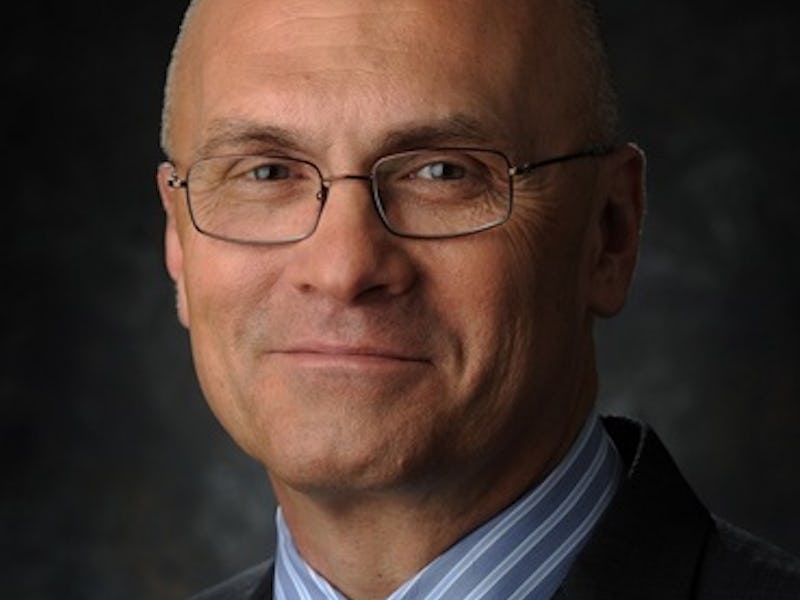Hardee's CEO Defensive About Robot Restaurant Workers: He's "Just the Messenger"
Human workers are too expensive, so robots are coming for their jobs.

Andy Puzder, CEO of Carl’s Jr. and Hardee’s, brought an unholy Twitterstorm of robophobia down on himself today, after his comments about replacing human workers with automated machines in a Business Insider article went viral.
Puzder said he was interested in exploring automated restaurant services, blaming rising minimum wages and government regulations for the loss of jobs in America.
“With government driving up the cost of labor, it’s driving down the number of jobs,” he told Business Insider. “You’re going to see automation not just in airports and grocery stores, but in restaurants.”
Puzder said he was impressed with Eatsa, San Francisco’s fully-automated, vegetarian, quinoa-cuisine chain, which Inverse CEO Dave Nemetz called “the restaurant version of clickbait” in our review of the flagship restaurant last year.
Eatsa’s business model takes the usual costs of employee salaries and throws them out the window, and Puzder — an outspoken opponent of minimum wage increases — clearly thinks it’s on to something. There’s already some level of automation at certain Hardee’s locations, and not everyone thinks it’s a bad thing.
Twitter, however, was not pleased with him, especially when he claimed Hillary Clinton and Bernie Sanders’ policies would only push business owners further toward automation.
“This is the problem with Bernie Sanders, and Hillary Clinton, and progressives who push very hard to raise the minimum wage,” Puzder told Business Insider. “Does it really help if Sally makes $3 more an hour if Suzie has no job?”
Putzer spent most of the afternoon pleading (somewhat robotically) that he was “just the messenger” of the bad news about automation.
Some people interpreted his shots at Clinton and Sanders as a “threat” to further automate his stores if a Democrat is elected in 2016.
Still, as Inverse’s Peter Rugg wrote in August, automation may come for fast food and lower-price chain restaurants regardless of wages — the entire debate could be a moot point. Even if minimum wages stay low, robots will eventually be much cheaper than humans in low-skill food-service jobs, where customers come for convenience and affordability over quality of food or service.